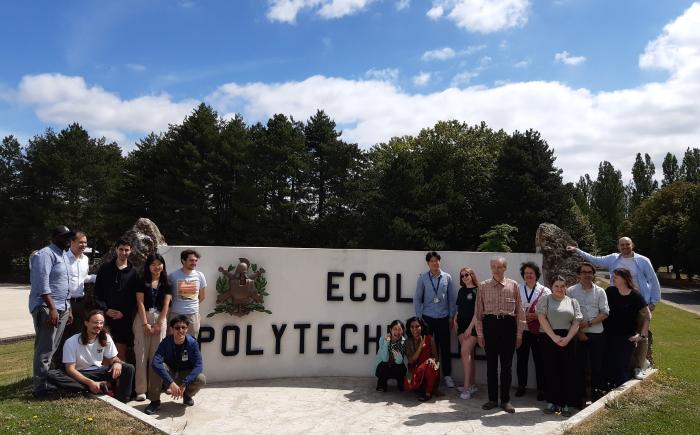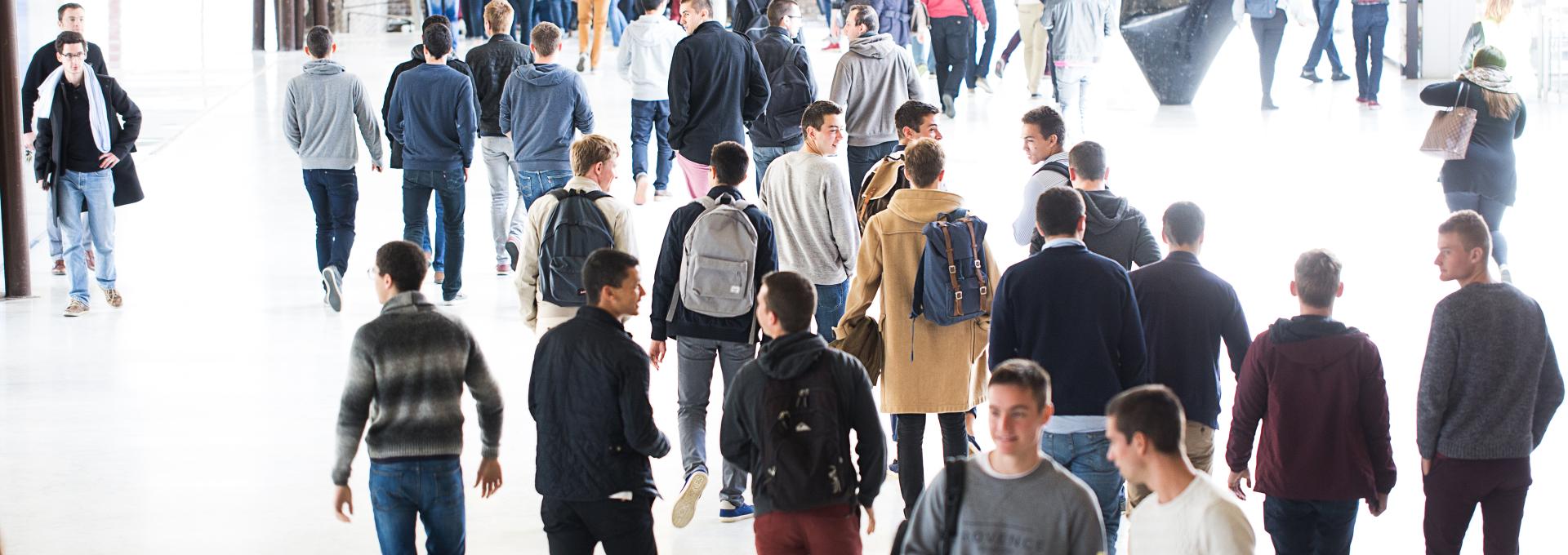The Research Program for International Talents gives undergraduate, graduate, and doctoral students from international partner universities of Ecole Polytechnique the opportunity to complete a 3- to 6-month research project under supervision of a scientist in one of the institution’s 23 laboratories.
Each year in October, the International Affairs Office sends a call for applications to the laboratories of the Ecole Polytechnique and, at the end of November at the latest, the research subjects are listed below. Find out more about the selection process here.
Ecole Polytechnique's 23 research laboratories are joint research units, affiliated with several national research organisms, including CNRS, INRIA and INSERM, and cover disciplines as varied as mathematics, physics, chemistry, biology, mechanics and economics. The research conducted by the laboratories’ over 600 scientists results in over 2,7500 A-rank scientific publications every year.
Located at the Plateau de Saclay, the laboratories are at the heart of a scientific cluster made up of national research organizations such as the CNRS, CEA and INRIA, higher education and research institutions, R&D centers and various innovation clusters.
The research program for international talents is supported by the Fondation de l'École polytechnique.
Discover the testimonials of former participants
It is possible to apply for a subject not listed above, developed as part of a collaboration and with the agreement of the tutor and the Research Program coordinators. In this case, please select the "Specific subject defined with the supervisor" option in the application form.

